FAQS
The Anti-Greenwash
Charter Explained
Here are our responses to some of the key questions asked about the Charter. If you have a question that isn’t answered below, please get in touch.
General Information
These questions provide an overview of The Anti-Greenwash Charter, outlining its purpose, importance, and key concepts related to greenwashing.
KEY QUESTIONS
What is greenwashing?
Greenwashing refers to making false, misleading, or exaggerated claims about the environmental benefits of a product, service, or organisation, creating an impression that doesn’t reflect the reality. This practice can undermine genuine sustainability efforts and damage stakeholder trust.
What is The Anti-Greenwash Charter?
Established in 2022, The Anti-Greenwash Charter is an independent, not-for-profit initiative supporting organisations committed to transparent and authentic sustainability communications. Through a structured process—including an in-depth initial assessment, the development of a Green Claims Policy with guidance and training, and reviews to ensure ongoing adherence to the Charter’s standards—signatories gain enhanced credibility, reduced reputational and legal risks, and recognition for their commitment to responsible marketing and communications practice.
Why is it important?
Greenwashing erodes consumer trust and obstructs genuine sustainability progress by creating confusion and scepticism. The Charter aims to combat greenwashing by fostering authentic communications, enhancing corporate credibility, and ensuring all claims are verifiable and transparent.
What does being a signatory involve?
As a signatory, organisations develop a Green Claims Policy, undergo periodic reviews of campaigns and materials, and uphold the Charter’s standards of transparency, accountability, fairness, and honesty. They receive guidance to ensure their sustainability claims are accurate and well-substantiated.
Is there a fee to join the Charter?
Yes, as an independent, not-for-profit initiative, we charge a one-time assessment fee to join and an ongoing annual licence fee. These fees, based on your organisation’s global revenue, support our work in promoting responsible sustainability communications. For more information, please visit our fees page.
Please note that our materials review and training services are not included in the licence fee. Fees for these services are bespoke and tailored to your organisation’s specific needs.
Commitments and Compliance
These questions clarify our signatories’ commitments and the process to ensure they meet the required standards.
KEY QUESTIONS
What are the main commitments required by the Charter?
Signatories must provide transparent information, substantiate claims with credible evidence, regularly review practices, and avoid misleading statements.
How is compliance assured?
Compliance is assured through periodic reviews of a Green Claims Policy’s implementation, by a third-party. Evidence and campaign materials are assessed to ensure they adhere to your organisation’s policy, and reports are published to maintain transparency.
Does the Charter support verification of claims?
The Charter sets the framework for making sustainability claims responsibly but does not directly verify individual claims made by signatories. It promotes best practices to ensure claims are transparent, contextually considered, and supported by credible evidence.
Does being a Charter signatory ensure compliance with regulation?
No. While the Charter’s standards are designed to complement regulations and influenced by some of them, signatories remain responsible for complying with all relevant legal and industry standards within their jurisdiction.
Benefits and Participation
These questions cover the benefits for organisations joining the Charter and explain how they can participate.
KEY QUESTIONS
What benefits do organisations gain by signing the Charter?
By signing the Charter, organisations demonstrate a commitment to transparency and genuine sustainability efforts. This enhances their reputation, attracts customers and stakeholders who value authenticity, reduces legal risks, and builds trust within their market.
How does it differ from B Corp verification?
The Anti-Greenwash Charter focuses on transparent and trustworthy sustainability communications, while B Corp verification assesses a company’s overall social and environmental performance. Both can complement each other for a holistic commitment to sustainability.
Who can sign the Charter?
The Charter is open to all organisations committed to honest and transparent sustainability communications. However, an initial assessment is conducted to disqualify any organisations with a history of misinformation or misleading environmental claims.
What is a Green Claims Policy?
A Green Claims Policy is a set of guidelines for an organisation’s sustainability communications, ensuring all claims are clear, accurate, and backed by credible evidence. It provides a foundation for transparent and authentic marketing and communications.
What does the Campaign Review process involve?
Conducted by a third-party, a Campaign Review examines a specific campaign’s adherence to a signatory’s Green Claims Policy. This process includes ensuring claims are evidenced and verified, reviewing the transparency of the communication strategy, assessing staff training on anti-greenwashing practices, and evaluating the use of language, visuals, and data for clarity and accuracy.
Accountability
These questions address what happens if a signatory fails to comply and how to report potential greenwashing.
KEY QUESTIONS
What happens if a signatory fails to comply?
If a signatory is found to be non-compliant with their Green Claims Policy, support and guidance are provided to address the issues. However, two consecutive non-compliant Campaign Reviews, or any significant breach of standards, can lead to the revocation of their signatory status to maintain the integrity of the Charter.
What can you do if you think a signatory is greenwashing?
If you believe a signatory is greenwashing, first raise your concern directly with them by following the steps outlined in their Green Claims Policy. If the issue remains unresolved, you can use the Charter’s investigation function to escalate the concern. Should an investigation uphold the claim, the Charter may take action, including the possible revocation of the signatory’s status. The Charter does not assume liability for claims made by its signatories.
